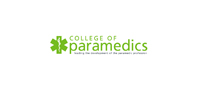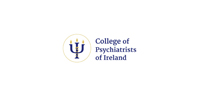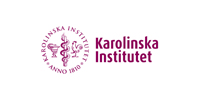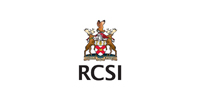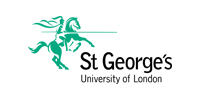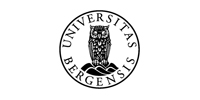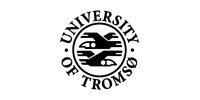Memory is the ability to recall or execute experiences, events and skills that are stored by means of imprinting.
- Immediate Recall: Dysfunction is readily observed if a patient cannot reproduce recent information (name of physician) or repeat names of three items mentioned just before (book – plant – mill). There is often a dysfunction in orientation as well, particularly in time and place. If the immediate recall is disturbed, gaps will appear in short-term memory. These gaps may be filled with all sorts of stories and events, by which the patient intends to answer the question. This psychopathological phenomenon is known as confabulation and is indicative of dementia.
- Short-Term + Long-Term Memory: Short-term memory is related to the ability to recall matters occurring recently, up to one day ago. Anything older than that, and we refer to it as long-term memory. Dysfunctions in memory are noted when the patient appears to have forgotten important events or dates.
- Different Categorisations: A different classification of memory is based on the content of what is remembered. Questions related to the patient’s personal history are part of their episodic memory, while questions relating to important general facts or fields of interest of the patient are part of their semantic memory. The recall and execution of such acquired skills as driving or playing a musical instrument are part of what is known as procedural memory.
Memory dysfunctions are important signs of dementia but also of schizophrenia, depressive disorder, post-traumatic stress disorder, dissociative disorders or amnesic disorders, each with its own profile of memory impairment. Not being able to recall personal details matches a dissociative disorder. Dysfunctions in the episodic and semantic memory are related to more severe stages of dementia. Dysfunctions in the procedural memory usually only occur in severe cognitive disorders, such as the final stages of dementia.



